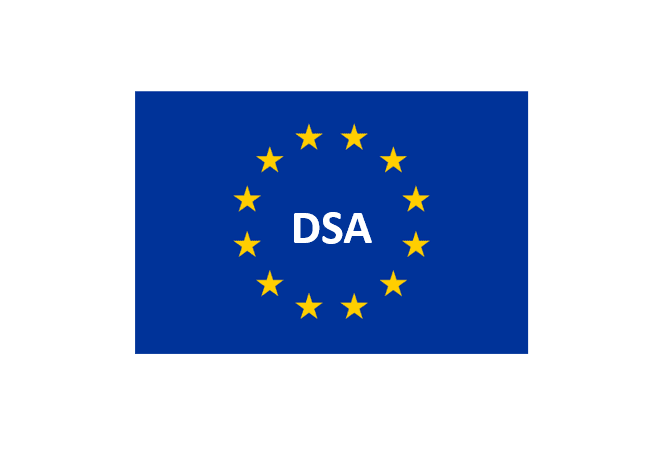DSA: FEDMA recommendations ahead of the vote in plenary – Hosting services, dark patterns, gatekeeper platforms, industry standards

As the leading voice for the data and marketing industry in Europe, FEDMA supports the EU ambition to have a modern “rulebook” for the entire Digital Single Market, but we believe that further consideration on specific areas is necessary to ensure a strong up-to-date legislative framework and (another) global standard in the digital economy.
With the upcoming European Parliament’s vote on the Digital Services Act (DSA) approaching, MEPs should consider the practical implications of some of the measures in the text adopted by the Internal Market and Consumer Protection (IMCO) Committee in December.
Hosting services & hosting “ancillary” services
Though the DSA defines hosting services as a standalone “homogenous” category, risks related to the dissemination of illegal content online vary greatly across different types of hosting services. It is unclear, for example, to what extent hosting services which consist of purely ancillary features to the provision of the main services could pose such risks. This is the case of logistics’ service providers which need to store customers’ information for shipping purposes. To be consistent with the objective of the proposed legislation, the DSA should apply only to online hosting services which host and disseminate to the public online content provided by recipients of the service at their request. Otherwise, all companies keeping customer information on customer platforms (i.e. most companies), risk being considered “hosting services”, even if it is an ancillary feature of another service (but not a service in itself).
Dark patterns in EU consumer and data protection law
The text adopted by the IMCO Committee includes new provisions aimed at tackling online interfaces impairing individual choices by means of manipulative design techniques, so-called “dark patterns”. FEDMA supports any initiative aimed to drive individual’s trust online, but the added value of these measures is unclear given that “dark patterns” are already covered by existing EU consumer and data protection law. Along with the GDPR which lays out clear rules on what makes consent valid, the recent Guidance published by the European Commission clarifies that the Unfair Commercial Practices Directive (UCPD) addresses all forms of B2C “dark patterns”, including misleading online interfaces. Rather than adding overlapping and redundant rules likely to increase legal uncertainty, EU policymakers could carry out an assessment over the issue of “dark patterns” following the entry into force of the DSA to identify potential loopholes in the current legal framework.
Digital Services Act & Digital Markets Act
The IMCO text provides additional rules on consent requests (Art.13a(b)(e)) which do not only risk raising tensions with the GDPR and ePrivacy Directive (and forthcoming ePrivacy Regulation (Art.10)), but they also risk offsetting the objective of the Digital Markets Act (DMA) to curb the power of gatekeeper platforms. Instead of favoring legislative coherence, the proposed measures would incentivize the use of centralized solutions (e.g. browser software settings) and automated means over user consent preferences, reinforcing the gatekeeper position of those online platforms expected to be subject to the DMA.
Transparency & protection of minors
As a member of the European Interactive Digital Advertising Alliance (EDAA), FEDMA is committed to support transparency and minors’ protection in the online advertising ecosystem. To ensure workable solutions across the entire advertising supply chain, the practical implementation of the IMCO requirements on transparency over how data is monetized and on the on protection of minors from profiling and targeting should be part of the co-regulatory dialogue under the Code of Conduct in Art.36 DSA. This will enable to set industry-wide standards that will facilitate compliance and individuals’ trust online.

